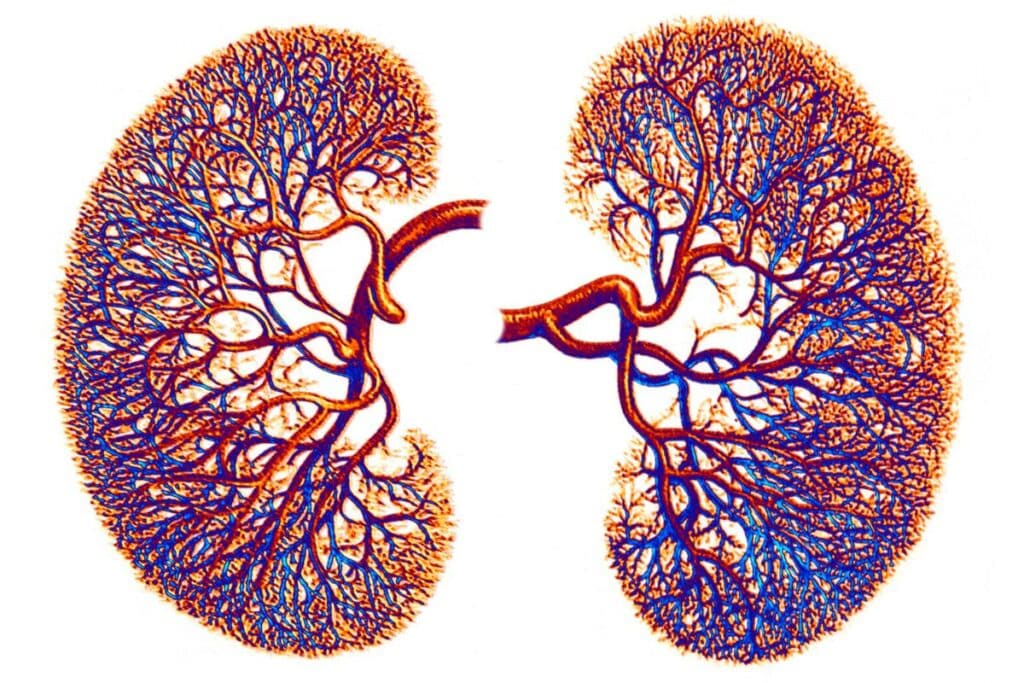Chronic Kidney Disease (CKD) is a progressive condition where the kidneys lose their ability to filter blood effectively. It can arise from genetic factors, lifestyle choices, or a combination of both. This article aims to provide a deeper understanding of CKD, addressing common concerns and questions for those worried about low-functioning kidneys.
What is Chronic Kidney Disease?
Chronic Kidney Disease involves the gradual loss of kidney function over time. When the kidneys are damaged, they cannot filter waste products from the blood efficiently, which can lead to various health complications. Early detection and management can slow the progression and minimize complications.
Causes and Risk Factors
Genetic Factors:
- Inherited Diseases: Conditions like polycystic kidney disease are passed down genetically.
- Family History: A family history of kidney disease increases the risk.
Lifestyle Choices:
- Unhealthy Diet: High sodium and high protein diets can strain the kidneys.
- Lack of Exercise: Physical inactivity is linked to higher CKD risk.
- Substance Abuse: Alcohol and drugs can damage kidney tissue.
Symptoms and Diagnosis
Symptoms:
- Fatigue
- Swelling in the legs, ankles, or feet
- Changes in urination
- Nausea and vomiting
- Shortness of breath
Diagnosis:
- Blood Tests: Check for waste products like creatinine.
- Urine Tests: Detect abnormalities like protein or blood in urine.
- Imaging Tests: Assess kidney size and structure.
- Kidney Biopsy: Examine kidney tissue under a microscope.
Prevention and Management
Lifestyle Changes:
- Healthy Diet: Low in sodium, processed foods, and balanced protein intake.
- Regular Exercise: Helps control blood pressure and weight.
- Avoiding Harmful Substances: Limit alcohol, avoid smoking and recreational drugs.
Medical Management:
- Blood Pressure Control: Essential to prevent further kidney damage.
- Medication: To control underlying conditions like diabetes or high blood pressure.
- Regular Check-ups: Monitor kidney function and adjust treatment as needed.
When to See a Doctor
If you have risk factors or symptoms associated with CKD, it’s crucial to see a healthcare provider. Early intervention can significantly impact the course of the disease.
FAQs
Can lifestyle changes reverse kidney damage?
While lifestyle changes can’t reverse existing damage, they can slow the progression of CKD and improve overall health.
Is CKD genetic?
Some forms of CKD are genetic, but many cases are due to lifestyle factors or other health conditions.
How does diet impact kidney health?
A diet high in sodium, processed foods, and excessive protein can strain the kidneys, while a balanced diet supports kidney function.
Can exercise improve kidney function?
Regular exercise helps control blood pressure and body weight, both of which are crucial for kidney health.
Conclusion
Chronic Kidney Disease is a significant health concern that requires attention to both genetic and lifestyle factors. Understanding the causes, symptoms, and management strategies is crucial for those at risk or experiencing early signs of CKD. By making informed lifestyle choices and seeking medical advice when needed, it’s possible to manage CKD effectively and maintain a good quality of life.




